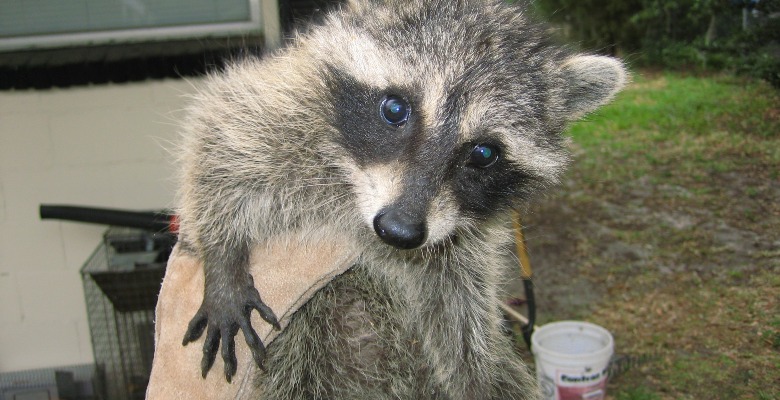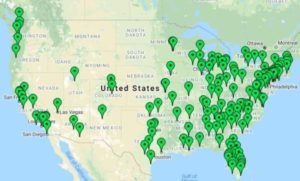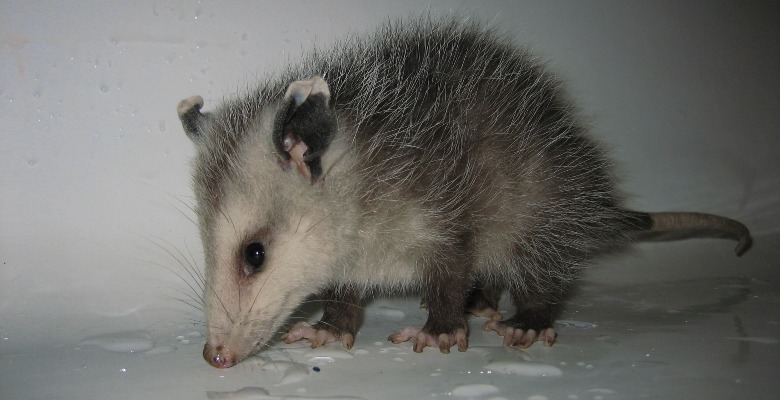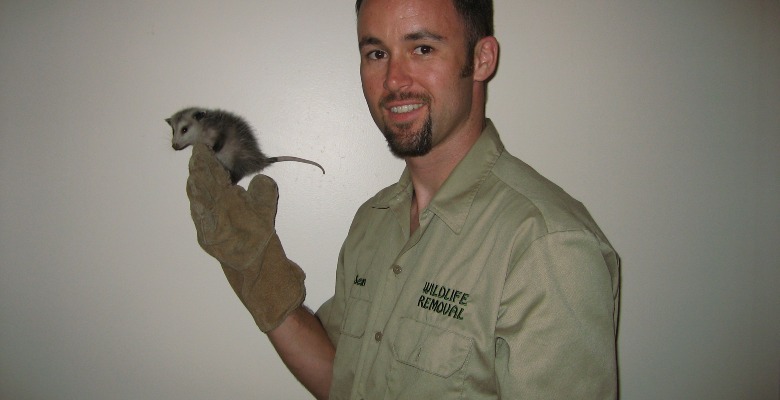It's you're lucky day; you've finally found a website that talks about wild animal repellant. Finally, you're about to find out what you need to...


No. Wild animals do not make good pets. Sure, there are the adorable stories on social media about the guy who rescued a baby raccoon and gained an amazing and mischievous friend/pet, but the reality is wild animals belong out in the wild for a number of reasons.
First and foremost, wild animals have very specific needs nutritionally and physically that most people aren’t prepared to meet. Just because the cute flying squirrel you snatched up from the attic can eat peanuts from a jar doesn’t mean peanuts are healthy or nutritionally complete for that animal. What’s more, all wild animals will want to be active and won’t be content in a cage. But if you give a squirrel free-run of your home, you can bet it will probably cause some damage just by doing what squirrels do.
Another huge dilemma of wild animals as pets is that, though they will show some loyalty to you as a companions–especially if raised from birth–they retain all of their wild instincts. It is only through generations and generations of domestication that animals like dogs and cats have become the loyal, calm, companions we know today. A wild animal may show you affection, but in a stressful situation instincts will take over and that animal may injure you, deliberately or unintentionally. Even dogs and cats are still slaves to their once-wild inclinations. Try to keep a terrier from chasing a chipmunk outside and you’ll get the idea.
We can help! As America’s largest wildlife control company, we service over 1000 locations across the USA. Call us today to check our prices in your town.
Wild animals, though disarmingly cute with their chubby little bodies and big eyes, can be dangerous to people just by because they are from the wild. Many of the animals carry zoonotic diseases, illnesses transmitted from animals to people, that can be life-threatening. The most well-known of these conditions is rabies, but there are many, many others, like leptospirosis, hantavirus and salmonella, to name a few. If you’re lucky enough to avoid a serious illness, you will probably have to contend with fleas and ticks that love to make furry creatures their home.
Perhaps one of the most overlooked aspects of why wild animals should remain in the wild is mental health–for the animal. Ever walked past a fence in a zoo and felt bad for the wolves or tigers that are confined to a small yard with no space to run? The same sympathy should be had for any wild animal in captivity. Wild animals belong in nature where they can roam free and behave in the way they were born to behave. Would you be depressed if you could never leave your bathroom? That’s the same equivalent to keeping a wild animal in a cage or even inside a home. Their mental health will suffer; they may become depressed. Depression in animals, just like in people, can then lead to irrational behaviors, and your once-cute pet might become much more than you can handle once it starts destroying things out of frustration.
As if all these reasons weren’t enough to convince you wild animals shouldn’t be pets, there is also the human part of the equation. The bottom line is that the average person isn’t knowledgeable enough to properly care for a wild animal, and this can lead to animal abuse. People become frustrated with pets that act out, not realizing the situation is what is causing the behavior. Many wild animal pets are neglected, abandoned, or tossed out into the wild where they are forced to seek food and shelter. These animals can become nuisance animals themselves, not viewing people as dangerous, rather seeing humans as potential caretakers or places to obtain a meal.
If you’ve taken on a wild animal as a pet and are feeling overwhelmed, don’t just leave it out in the woods. Though that animal has wild animal instincts, it is still accustomed to the care and shelter you provided. Instead, call a local wildlife rehabilitator who can take the animal in and help it learn how to survive on its own.
After all this, if you still think it’s okay to have a wild animal as a pet, think about the movie Planet of the Apes. Humans didn’t like being on the other side of the cage, did they? Put yourself in the situation of the animal. Would you be happy? Unless you can honestly answer yes, keep the wild animals in the wild.
Over 1000 locations across the United States!


It's you're lucky day; you've finally found a website that talks about wild animal repellant. Finally, you're about to find out what you need to...

Wild animals can expose humans and pets to a number of diseases. Some of these issues, like rabies, are well-known, but others may not be so...

There are many myths out there regarding humans and baby wild animals; if you touch it the mother won't take it back, etc. The truth is less severe,...